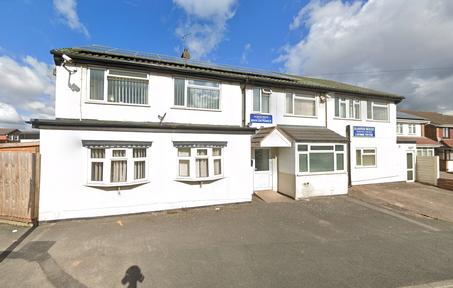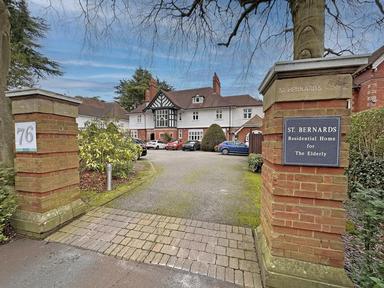Care providers can avoid problems caused by missed calls by using an electronic rostering and monitoring system
Leading software provider, Webroster.net, suggests that many of the problems described in the recent Which? homecare report can be eliminated by utilising an electronic rostering and monitoring system.
The report by the consumer group Which? has found that many home care service users are experiencing a ‘shocking and disgraceful’ service and highlighted that this was often as a result of missed or late visits by care staff.
The BBC reported: “Which? found cases of missed visits, food left out of reach, medication not given and people being left in soiled beds during its investigation. It concluded too many faced a "constant battle" to just get the basic help. The poll of nearly 1,000 people, found one of the most common complaints was missed or rushed visits. Nearly half of respondents said visits had been missed in the last six months with most not being warned in advance.”
One care worker said: "I've been in this profession for 10 years. This agency doesn't pay for travelling time so it's rush, rush, rush and the time I spend travelling is taken from each customer. Fifteen-minute visits used to be check calls or to give medication. Now they're used to microwave a meal, empty a commode and travel to the next person. It's impossible."
An option already taken by many care providers who need to deliver high quality care on restricted budgets is to implement an electronic rostering and monitoring system to help reduce the risk of missing visits.
Missed or late visits can also be handled by using an electronic monitoring system for care staff to check in and out of visits. If check in or check out data deviates from the scheduled times, office staff are immediately made aware so that alternative arrangements can be made.
The carer mentioned above also describes travel time as major issue. Agencies may have a number of reasons why they don’t pay for travel time; this is an additional cost which may be hard to accurately calculate in order to charge and pay.
However, Webroster.net has the capability to manage the travel time between bookings. Not only will the system automatically add enough travel time to the roster but care providers can also charge and pay for travel time and mileage expenses. By automatically calculating this, costs are accurate and wastage is kept to a minimum.
Managing Director Nigel Gittins said: “By automating such processes, the pressure is taken off care staff, allowing them to concentrate on providing a high quality service for the scheduled amount of time. If visit times and/or activities do not go to plan, then by having the right communications methods in place, issues can be resolved before they escalate.”
Latest Products & Services News
 23-Apr-25
DC Care Sells Harper House
23-Apr-25
DC Care Sells Harper House
 16-Apr-25
Family-run residential care home in Solihull village sold
16-Apr-25
Family-run residential care home in Solihull village sold
 15-Apr-25
14-bedroom closed Hampshire care home for sale at £800,000
15-Apr-25
14-bedroom closed Hampshire care home for sale at £800,000
 15-Apr-25
24-bedroom Angus care home sold
15-Apr-25
24-bedroom Angus care home sold
 14-Apr-25
Welsh care group expands into England with Hereford acquisition
14-Apr-25
Welsh care group expands into England with Hereford acquisition